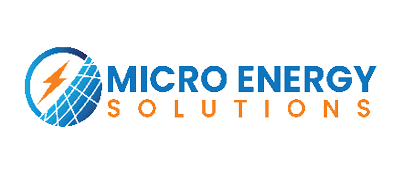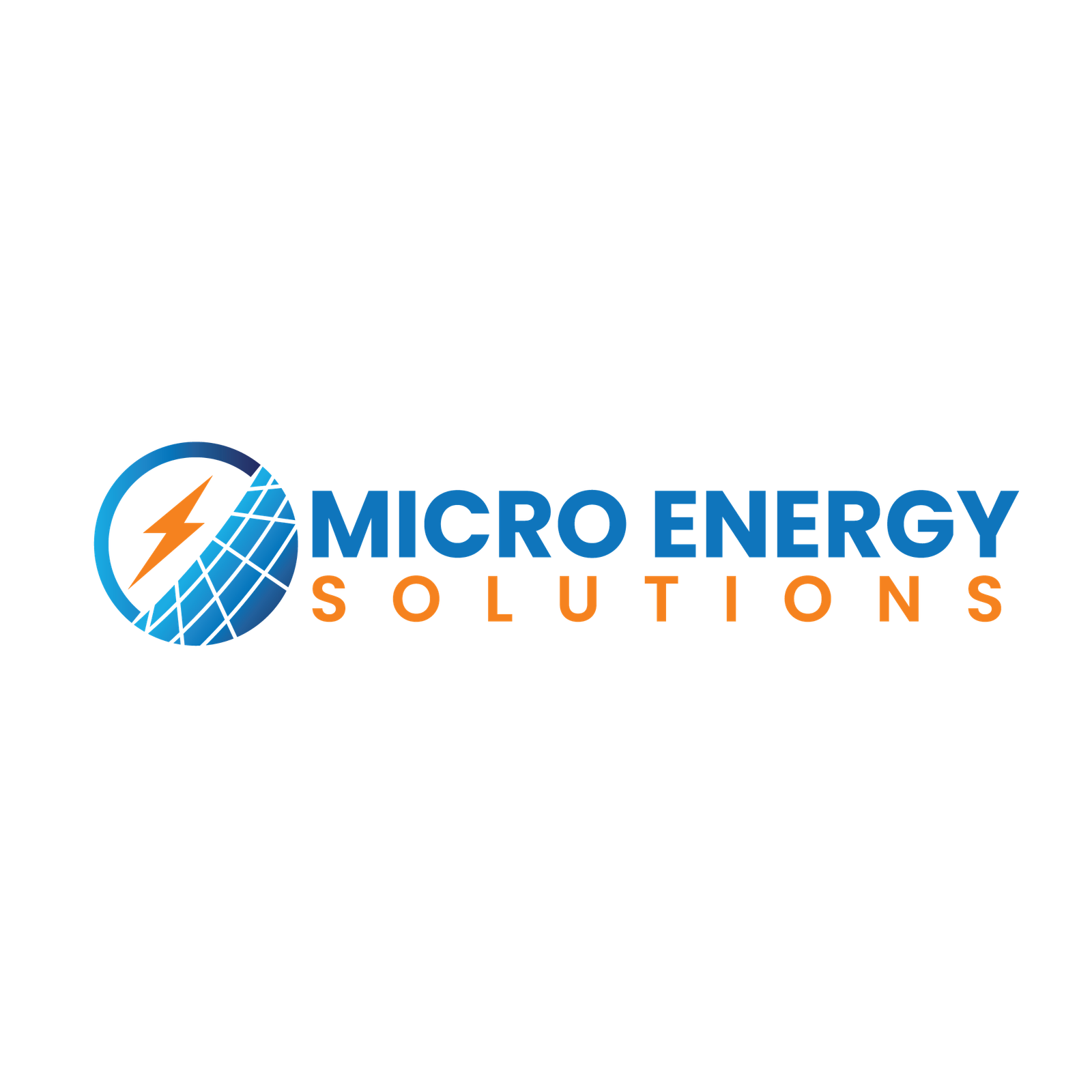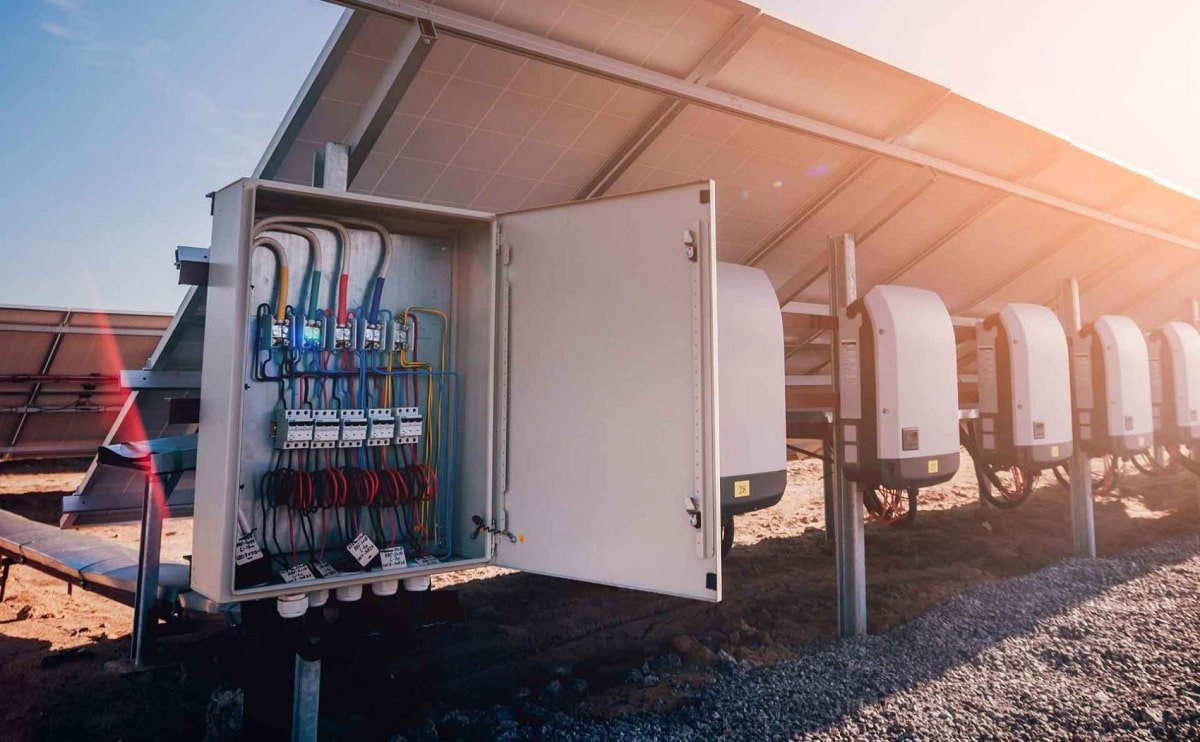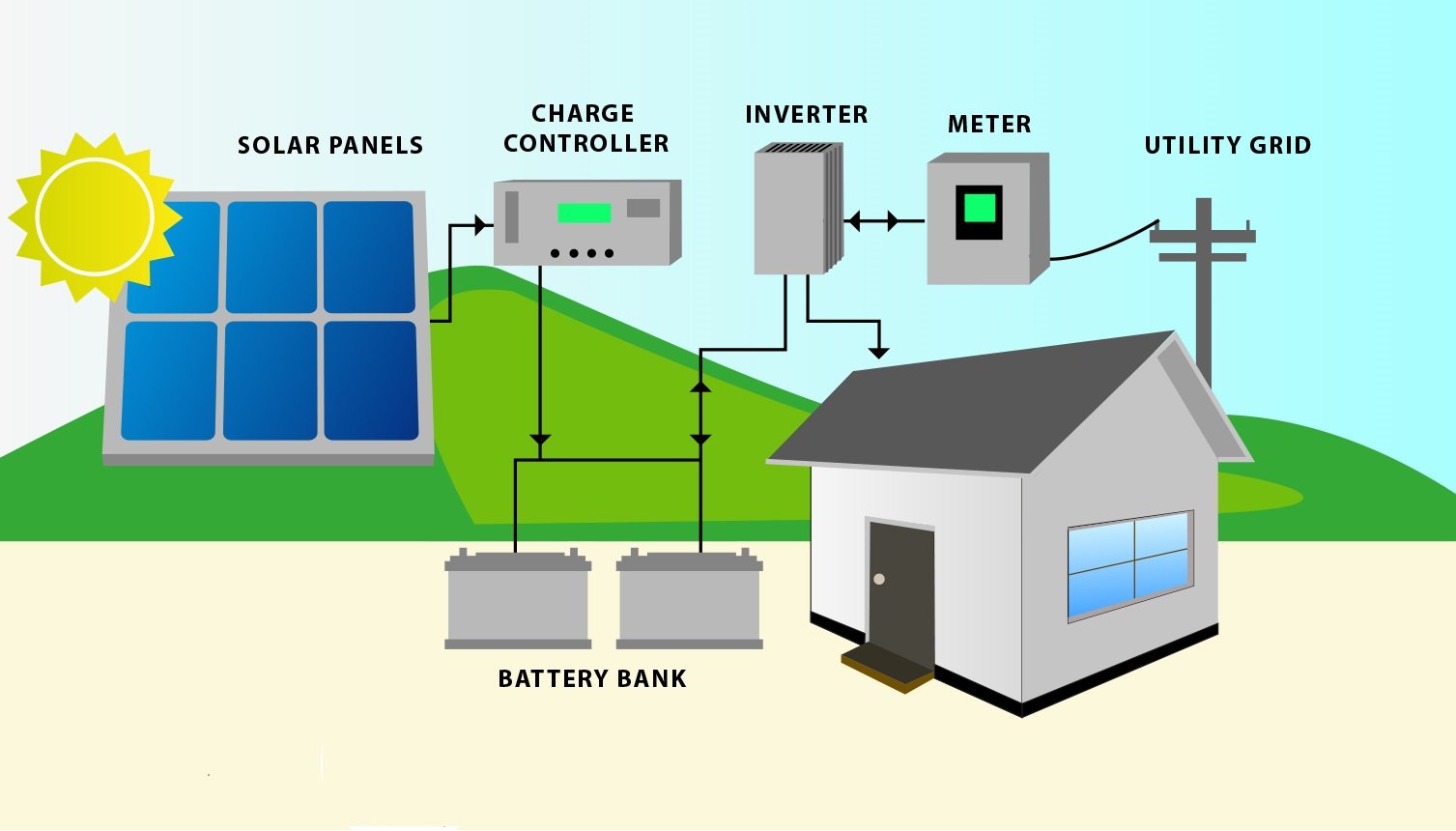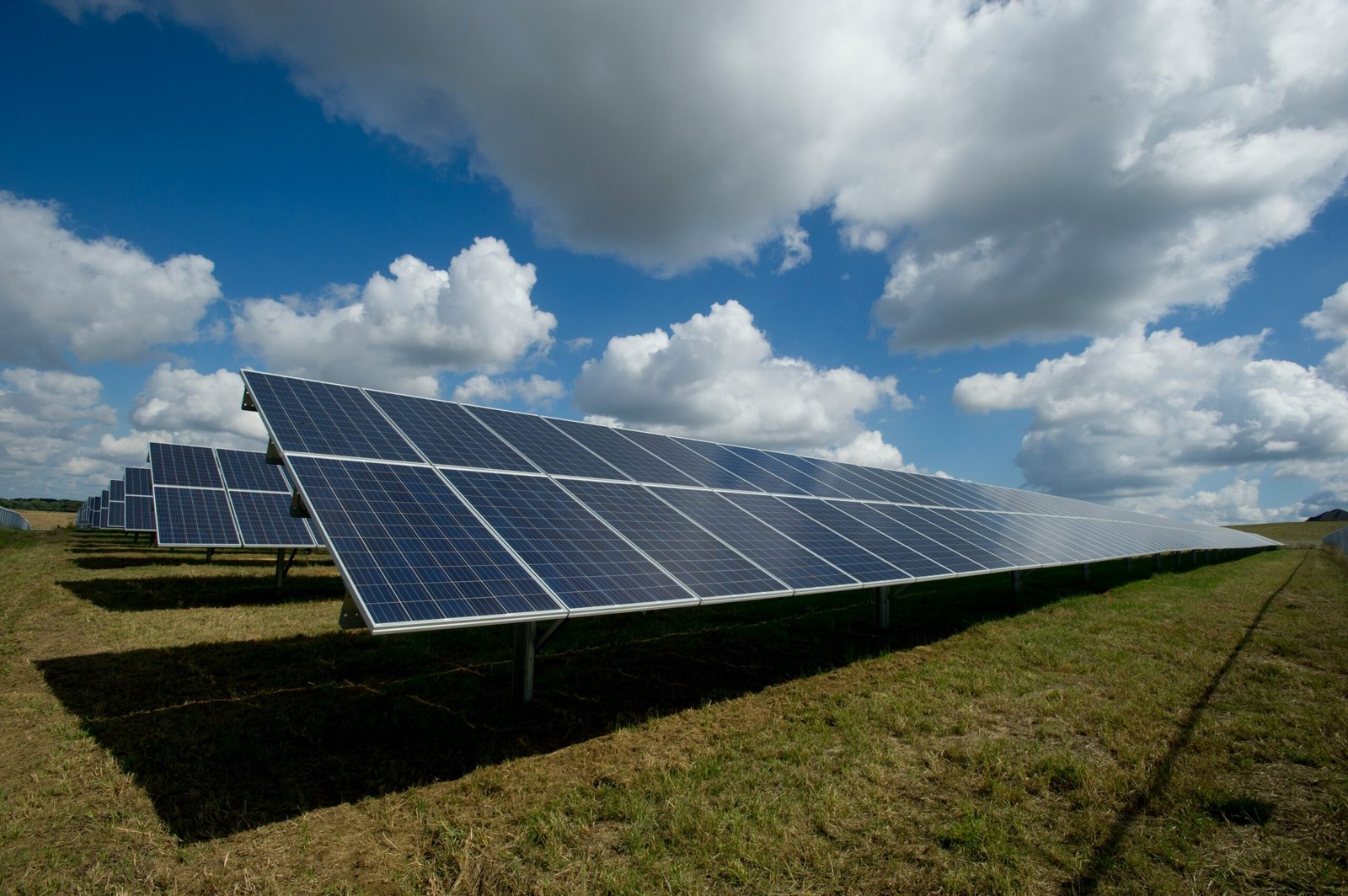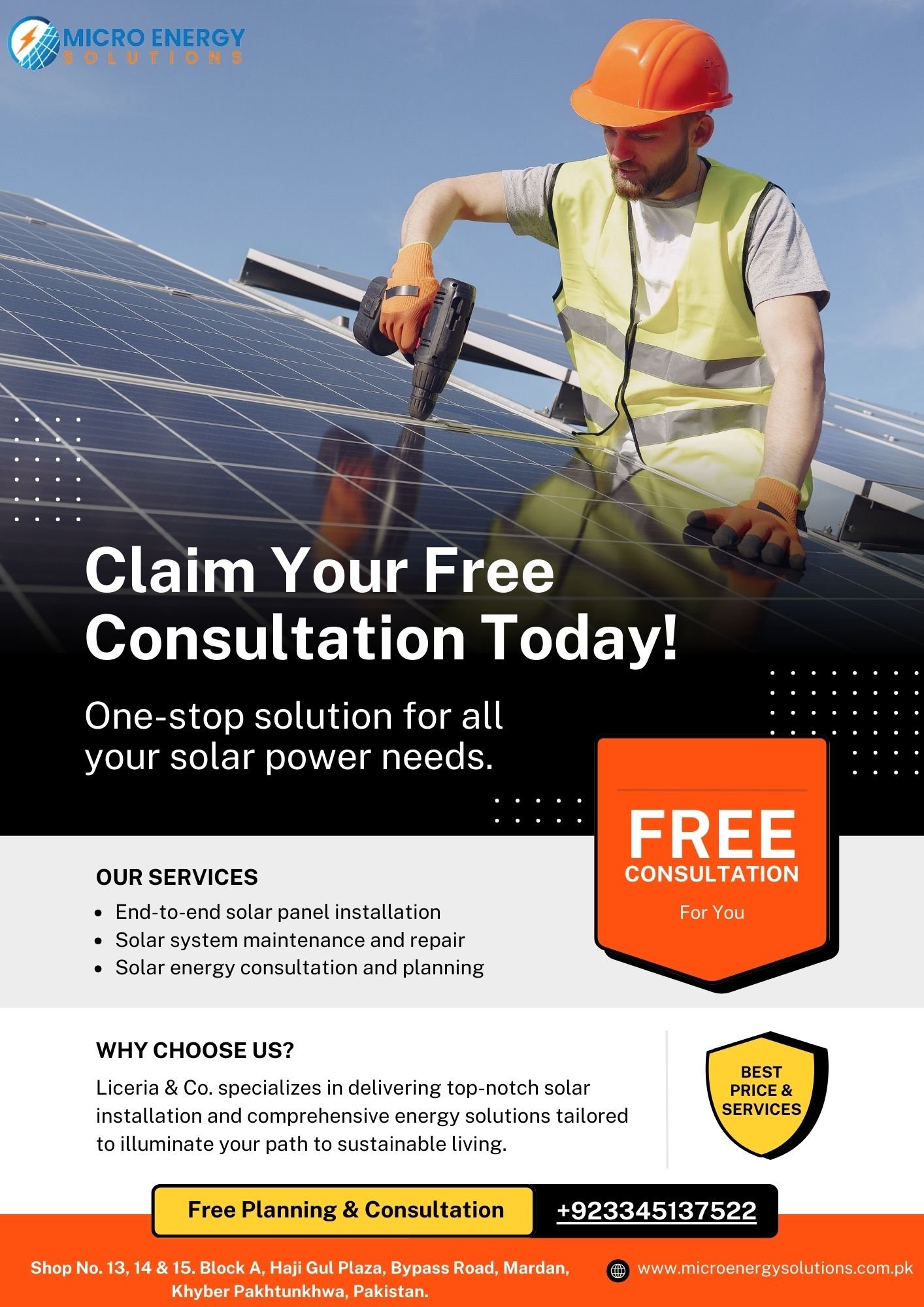
Introduction to Domestic Solar Solutions
Welcome to our website, where we provide information and solutions for domestic solar energy systems. In recent years, the demand for renewable energy sources has been steadily increasing, and solar power has emerged as one of the most popular and accessible options for homeowners.
The Benefits of Domestic Solar Solutions
There are numerous benefits to installing a solar energy system in your home. Let’s explore some of the key advantages:
1. Cost Savings
One of the primary reasons homeowners choose to invest in domestic solar solutions is the potential for significant cost savings. By generating your own electricity, you can reduce or even eliminate your reliance on traditional energy sources, resulting in lower monthly utility bills. Additionally, many governments and utility companies offer incentives, such as tax credits and feed-in tariffs, to encourage the adoption of solar power.
2. Environmental Sustainability
Solar energy is a clean and renewable source of power, unlike fossil fuels that contribute to air pollution and climate change. By choosing domestic solar solutions, you are reducing your carbon footprint and contributing to a more sustainable future for our planet. Solar panels produce zero emissions and have a minimal impact on the environment throughout their lifespan.
3. Energy Independence
With domestic solar solutions, you can take control of your energy production and reduce your dependence on the electrical grid. This is particularly beneficial during power outages or in remote areas where access to electricity may be limited. By harnessing the power of the sun, you can enjoy a reliable and uninterrupted energy supply.
4. Increased Property Value
Investing in a solar energy system can increase the value of your home. Studies have shown that properties equipped with solar panels tend to sell at a premium compared to those without. Homebuyers are increasingly prioritizing energy-efficient features, and solar power is an attractive selling point that can give your property a competitive edge in the market.
Types of Domestic Solar Solutions
There are several types of domestic solar solutions available to homeowners, depending on their specific needs and preferences. Let’s explore some of the most common options:
1. Solar Photovoltaic (PV) Systems
Solar PV systems are the most popular choice for residential applications. These systems convert sunlight directly into electricity using solar panels. The electricity generated can be used to power your home’s appliances and lighting or stored in batteries for later use. Solar PV systems are versatile and can be installed on rooftops, ground-mounted, or integrated into building materials.
2. Solar Water Heating Systems
Solar water heating systems use the sun’s energy to heat water for domestic use. These systems typically consist of solar collectors, a storage tank, and a circulation system. Solar water heaters can significantly reduce your reliance on traditional water heating methods, such as gas or electric heaters, resulting in energy savings and lower utility bills.
3. Solar Ventilation Systems
Solar ventilation systems utilize solar power to ventilate and cool your home. These systems consist of solar-powered fans or vents that help circulate air and remove excess heat, reducing the need for air conditioning. Solar ventilation systems are particularly effective in hot climates, where cooling costs can be a significant expense.
4. Solar Battery Storage Systems
Solar battery storage systems allow you to store excess electricity generated by your solar panels for later use. These systems are especially useful for homeowners who want to maximize their energy independence and have a backup power source during outages. Solar battery storage systems can also help optimize the utilization of solar energy by storing excess power during the day for use at night.
Choosing the Right Domestic Solar Solution
When considering domestic solar solutions, it’s essential to assess your energy needs, budget, and available space. Here are some factors to consider when choosing the right system for your home:
1. Energy Consumption
Start by evaluating your current energy consumption to determine the size of the solar system you will need. Consider factors such as the number of occupants in your home, your typical energy usage patterns, and any future changes that may impact your energy needs.
2. Roof Orientation and Space
The orientation and available space on your roof will also influence the type and size of the solar system you can install. Ideally, your roof should have unobstructed access to sunlight for the majority of the day. If your roof is shaded or not suitable for solar panels, ground-mounted systems or solar carports may be viable alternatives.
3. Budget and Financing Options
Consider your budget and explore the various financing options available for solar installations. Many homeowners choose to purchase solar systems outright, while others opt for leasing or power purchase agreements (PPAs). Evaluate the long-term financial benefits and payback period of each option to make an informed decision.
4. Local Regulations and Incentives
Research the local regulations and incentives that may affect your solar installation. Some areas have specific permitting requirements or restrictions on the size and placement of solar panels. Additionally, check for any available tax credits, rebates, or feed-in tariffs that can help offset the upfront costs of installing a solar energy system.
Conclusion
Domestic solar solutions offer homeowners a sustainable and cost-effective way to meet their energy needs. By harnessing the power of the sun, you can reduce your carbon footprint, save on energy costs, and increase the value of your property. With a variety of solar options available, it’s important to assess your energy requirements and consider factors such as roof orientation, budget, and local regulations to choose the right system for your home. Embrace the benefits of solar energy and take a step towards a greener future.
